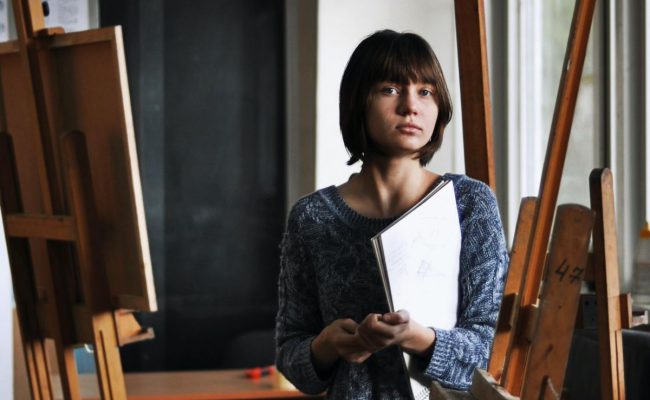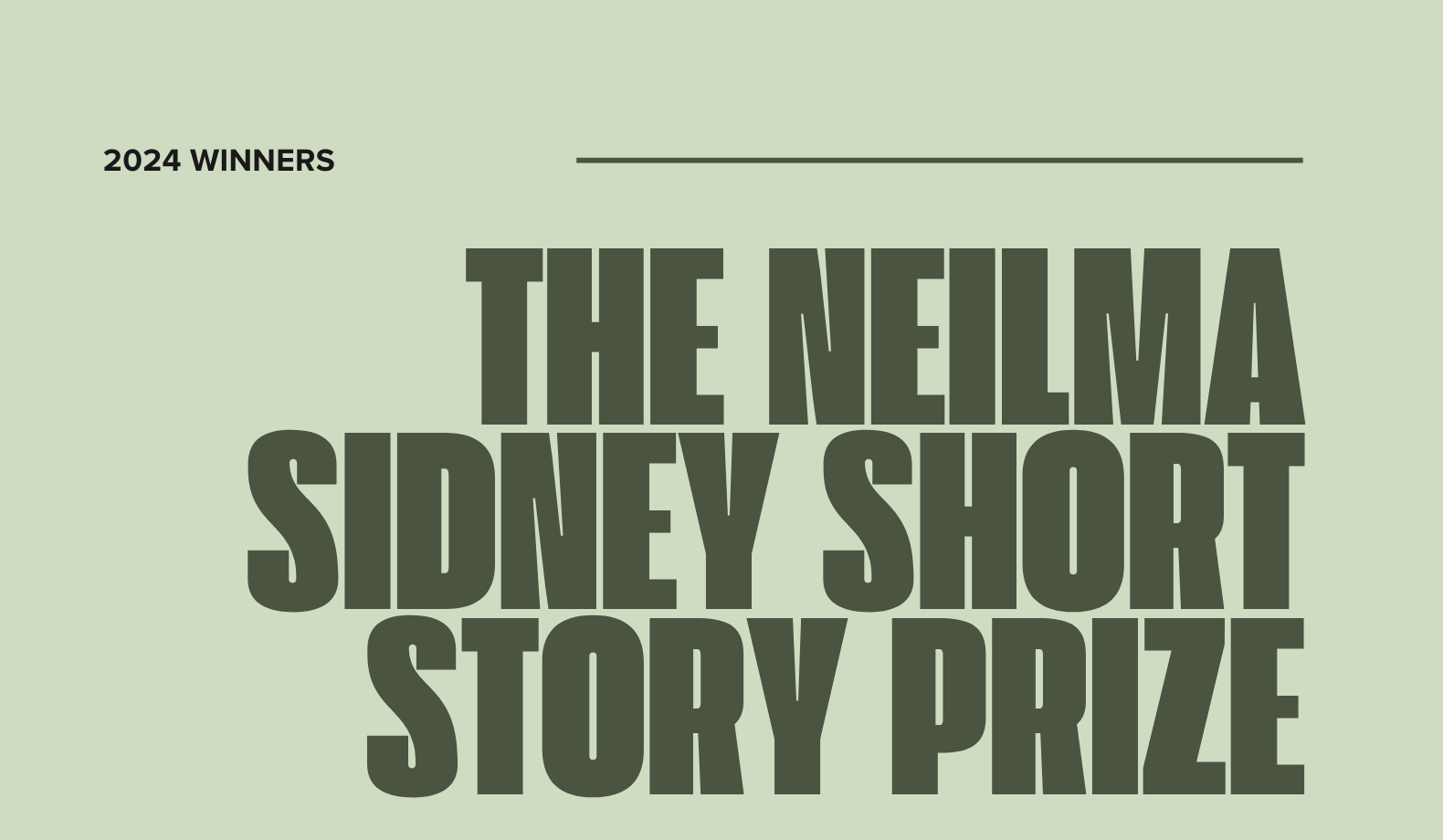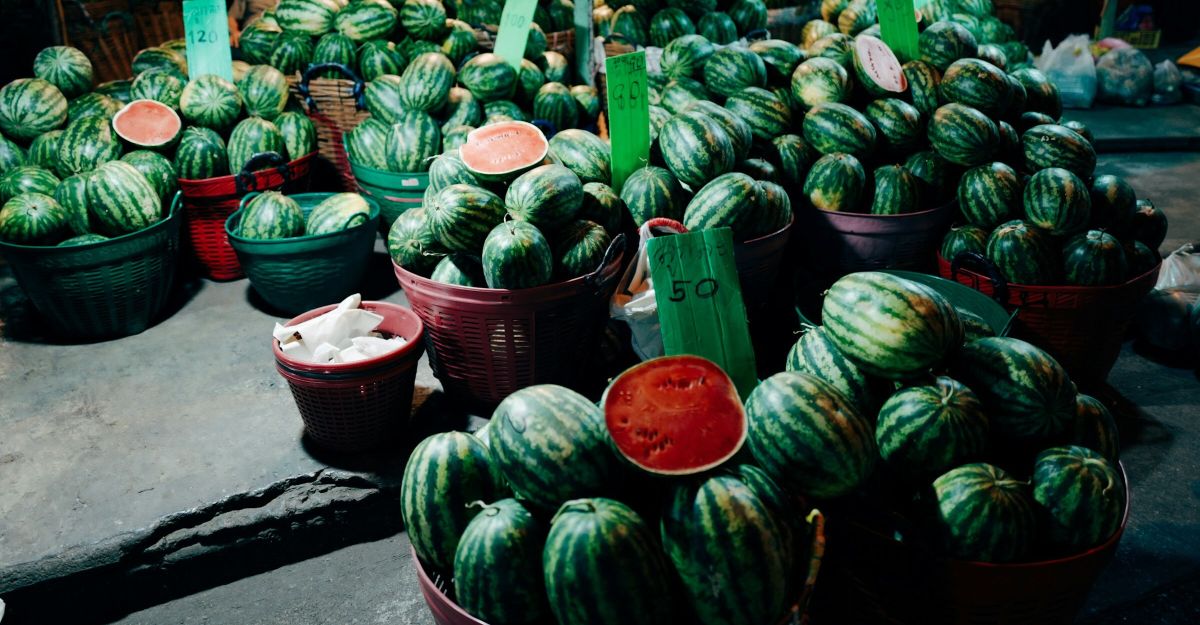Artwork: Mother’s Touch
Artist: It’s complicated
Medium: Oil on canvas
Date: c.1642
Although mothers and daughters were not an unusual subject, this triptych’s macabre, violent and sexual themes were unprecedented for the period.
The first panel depicts a mother and teenage daughter reclining. Dark figures, which art critics have variously described as satyrs, devils or gargoyles, emerge from the mother’s mouth and hands. During this period, women in repose were typically depicted as serene or passive, yet here the women’s legs are splayed, their arms reaching towards the monsters. They show no fear or modesty; hunger and desire prevail.
In the second triptych, the women engage in intercourse with the beasts, which have grown to the size of adult men. The women sit astride the creatures while throttling their necks. In the third, the beasts have become the size of giants and begin to devour the women, their open mouths showing sharp teeth and scarlet gullets. The women’s expressions are of subliminal ecstasy.
Stylistically, Mother’s Touch resisted the classical mode of the time. In its composition and technical vigour, the work is masterful. However, it is the emotional and psychological ambivalence of the piece that is so remarkable. Do the women consent or are they attacked? Do they experience pleasure or pain? Though it was not the first time women had been depicted in sexual congress with non-human creatures, it was novel for them to be the perpetrators or predators.
Court artist Joseph Keans submitted this work to the Royal Exhibition of 1642 and won the gold medal in painting. In recognition of this achievement and his earlier contributions to the court, Keans received a lifetime pension and relocated to a grander studio space in London. However, his productivity declined over the following decade and he was never again able to reproduce the success of Mother’s Touch.
***
My father is a painter. His work used to be interesting, but now he paints boring things, like families sitting at dining tables, pale men in bloated costumes and women with dainty umbrellas. His favourite subject is fathers and sons. I know it’s because he wishes I were a son.
My mother is also an artist. I drew my first pictures sitting on her lap, guided by her hand. She is the one who taught me my prodigious technique, not my father. He labours to bring out his subjects’ virtues rather than their vices, and his work is therefore insufferably dull and deceitful to boot. Why powder a scab when you can pick it apart?
Mother is by far the superior artist and boasts a number of advantages: namely, she can see things that aren’t there, including a number of spiritual guides she calls godlings, and also an array of Muses: Athena, Cleopatra, Boudicca, Lady Godiva and all of Henry VIII’s wives carrying their heads like purses.
Over dinner, my mother tells me that Ann of Cleeves has performed a full genetic profile of my latest suitor, the son of a duke, and found a number of red flags: halitosis, weak arches, kidney stones. My father pretends not to listen. He is working on important letters to land-owners and title-holders to solicit new business because he has fallen from the King’s favour. Tomorrow, he will head back to the city to see a man about a dog’s portrait. Surely he will get a tap on the shoulder soon.
My mother and I look forward to Father’s departure. With him gone, we will have the studio to ourselves. I won’t have to perambulate with over-bred gentlemen in gardens discussing marriage prospects. And, most importantly, I will be able to work on my masterpiece in privacy. I don’t want anyone to see it until it is ready, not even my mother. It is the best thing I have ever done but will it be misunderstood? That is my greatest fear.
***
I am flattered when Father informs me I am to join him in London. I am eager to work alongside his apprentices and expose myself to the larger artistic community. For a moment, I think he has begun to perceive my talent, to take me seriously.
But then he tells me I am not coming to paint. Instead, I am to help him attract better suitors. The landed gentry have their limitations, he says. We may do better among men of commerce and politics.
Begrudgingly, he allows me to bring my canvases. Mother promises to write and packs me a box of orange tarts she has baked herself. She says the urban centres are not nourishing.
To bolster his position at court, Father plans to enter a series of paintings in the Royal Exhibition and win the medal for painting. I beg Father to allow me to enter my work, too, but he refuses. The sting of his disdain spurs me to work relentlessly, each brush stroke an act of revenge. On the morning of the exhibition, I come down to the curtained-off corner at the back of the studio to which I have been condemned, and find my paintings gone. Gone, too, is my father.
***
Sinful. Mesmeric. Repulsive. Genius. Such is the contradictory judgement offered on the triptych that has won first prize in the King’s competition. In my shuttered bedroom, I sit alone, smoking and writing to my mother. I cannot bring myself to visit the exhibition and see my work on display. My father is absent: he is the toast of the art scene, the court, the city at large. He is taking every advantage of his newfound notoriety—not only to secure money and commissions but also to find increasingly wealthy families to which I can be bartered. Apparently, I am worth many cows, many acres, perhaps a small sloop. His days of painting distinguished poodles are behind him.
I am furious. I knew all along the work had merit—though only, it seems, if presented as the contrivance of men. In her letters, Mother says the Muses agree: had a woman entered the triptych in the King’s competition, the work would have been derided and the lady-artist flogged through the streets, then packed off to an asylum.
Come home, Mother writes. The godlings can help you
My presence is not required for Father’s marital negotiations. He consents to my return, lest any suitors become disincentivised by meeting me.
It is said that Caravaggio fled Rome after he killed a man in a duel. My father has shot me through the heart with his betrayal but it is not he who has to flee. Rather, I am the one stepping into the carriage, I am pressing my face to the glass, I am holding myself against the dark and nursing a ruinous pride, while Father presides over the glory and the light.
***
When I arrive back at the country house, I find my mother in ill health. She has been in bed a week, the servants unable to compel her to rise. Mother needs a rigorous regimen of healthful tinctures, breath work and dream journaling to maintain a positive state of mind. Without me to encourage her, she has been lying under the covers, reading tragi-comedies and eating mushrooms until, she says, her days and nights bled together and she was able to enter higher planes of pure spirit and speak with the godlings.
I convince her to get up, dress and drink some strong tea. After the rain has passed, we take a stroll around the gardens. The sky is cracked cobalt, the birds subdued in their sodden perches. My mother waves away my enquiries into her health and gets straight to business.
‘I have conferred with the godlings,’ she says, ‘and this may sound extreme, however…’ Three godlings have consented to help me:
- The Godling of Shrews, who looks after the untamed and unmarriageable women of England
- The Godling of Time Travel, who facilitates communication between my mother and her Muses
- The Godling of Forbearance, who doesn’t really grant her followers any special powers, but does have an eidetic memory for wrongs committed against you, and can remind you, when you are on the verge of forgiving someone, of why you should do no such thing.
The godlings have told my mother there will be a celestial event in a fortnight’s time which will give them the strength to open a portal.
While I am waiting for the stars to arrange themselves, I paint. There is nothing else I can do, nothing else I want to do. I have banished all thought of my father and ignore his correspondence regarding marriage suits. My mother burns his letters, despite their increasingly threatening tone.
When the time comes, my mother leads me out into the night-flecked garden. She slips something into my pocket. My fingers forage, come back sticky. An orange tart. She kisses me on the cheek and steps away. I feel the weight of the godlings around me. They are like celestial bodies, their presence all in their gravity. The clouds dissolve and the stars loom before me, blurred whorls of flame. Not at all like diamonds. Curse those erroneous poets.
I’m rushing past the stars, as though on wings. Will I be immolated? But the godlings are with me and I’m not afraid. I embrace the world as it opens itself up to me.
***
Janelle: Welcome back to the Morning Breakfast Show. I’m here in beautiful Melbourne, speaking with Dr Kenning, curator of a new exhibition, Contested, on display at Underland Gallery. Dr Kenning, how are you this morning?
Kenning: Cosmologically speaking, very well.
Janelle: Well, that’s good to hear. Can you tell us a bit about this exhibition?
Kenning: Contested showcases women and non-binary artists who’ve been overlooked or ignored. Many have been forced to publish anonymously or to use a male pseudonym. Others have had their work stolen by men or wrongly attributed to them. That’s the case with the triptych behind us, Mother’s Touch.
Janelle: I’m sure many of our viewers have seen this work before. You say it wasn’t painted by Joseph Keans, as we long believed, but by someone else?
Kenning: That’s right. This masterwork was actually painted by Keans’ daughter, Lucia, a teenage prodigy who learned to paint from her mother and studied alongside Keans’ apprentices in London in the seventeenth century, when it was most unconventional for young women to do so.
Janelle: Can you explain how all this came to light?
Kenning: For my doctoral thesis, I undertook a forensic study of this triptych. I also studied the correspondence between Lucia Keans and her mother. My research showed that it was actually Lucia who painted Mother’s Touch, not her father.
Janelle: Your exhibition is running at the same time as British Masters, this summer’s blockbuster exhibition for the National Gallery, just down the road.
Kenning: Yes, the timing was rather deliberate. There are only two female artists included in the Masters. Our exhibition presents an alternate history.
Janelle: And back to the artwork behind us, just for a moment. For the people at home, Dr Kenning, could you explain briefly what this piece means?
Kenning: It could signify any number of things.
Janelle: Such as?
Kenning: The coexistence of women’s rage and impotence at that time. The artist’s unhealthy obsession with her mother’s fantasies. Or just an orgy, really. Pure kink. An occult fetish.
Janelle: Okay! Thank you, Dr Kenning. Back to the studio.
***
When the stars align again, the godlings return me to my mother. She is sitting in the garden, on a bench, right where I left her. Many years have passed and she is now elderly, while I am the age she was when I left.
We touch each other’s faces and hair. We laugh and cry. There is paint on Mother’s hands and her dress. I’m glad to see she didn’t stop creating, even while I was gone.
Inside, Mother has hung my paintings throughout the house. They cover the walls of the foyer, the kitchen, the dining room. My father’s work is nowhere to be seen. In fact, his presence has disappeared from the house entirely. I don’t bother asking where he is.
In the kitchen, my mother sets the kettle to boil.
‘So,’ she says, settling across from me at the kitchen table. ‘How was the future?’
‘Not bad,’ I say, pulling the catalogue out of my coat and sliding it across to her. ‘I brought you a souvenir.’
Overland’s Friday Features project is supported by the Copyright Agency’s Cultural Fund.




